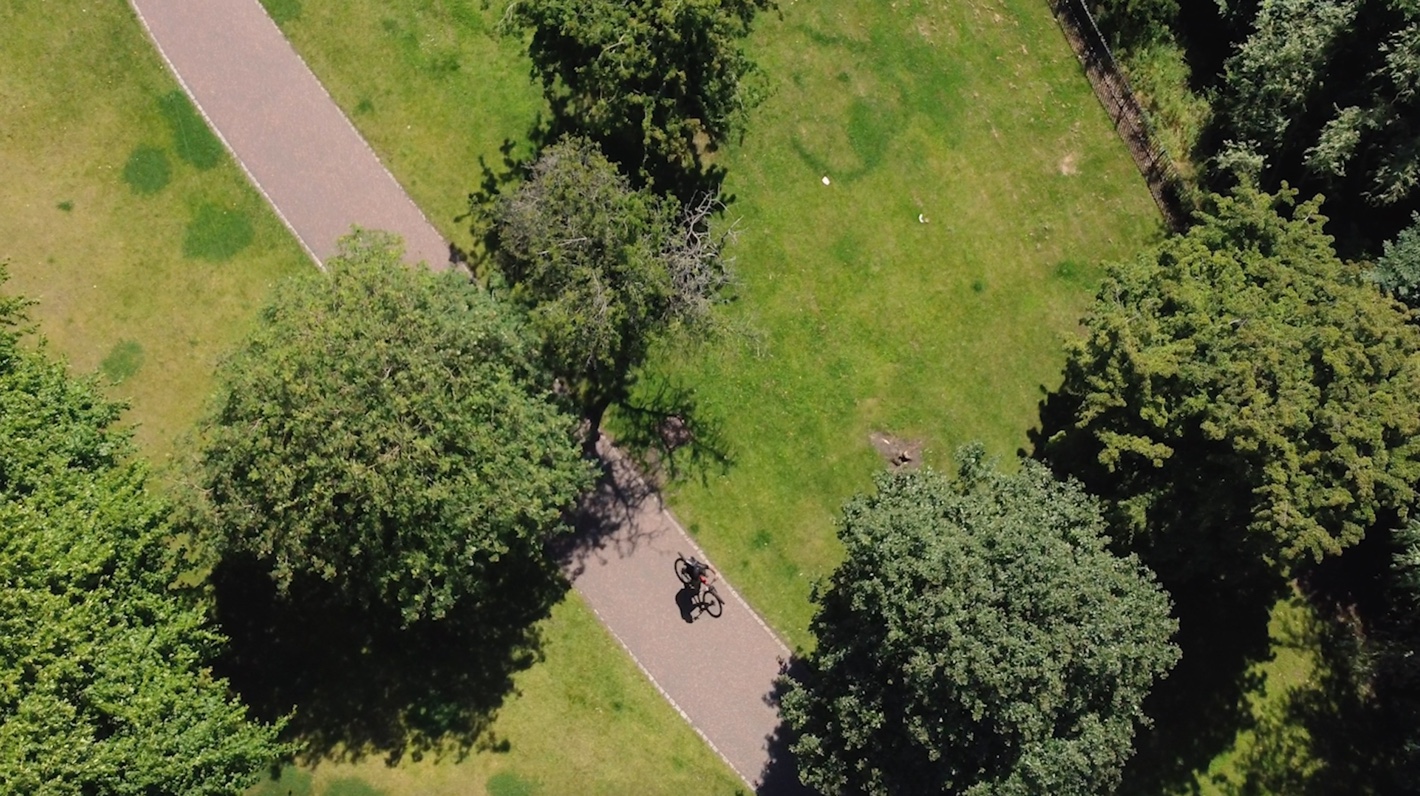
What has nature ever done for us? Part 3 of 3
Tony Juniper is the former Executive Director of Friends of the Earth England, Wales and Northern Ireland, and has just published What has nature ever done for us? This is the third and final part of a long interview with Tony.
Q. Has putting nature in economic terms given you new access to decision makers?
Yes, I think so, and have conversations that wouldn’t have happened before. For some organisations this has transformed the business case as to why they might wish to be taking sustainability as a strategic issue rather than as a reputational one or one which is about comms. Some very significant multinationals like Unilever are now looking at the future of their business through this prism because they realise that without healthy soil, pollinating insects, a stable climate, the future of their business is in doubt. The extent to which they realising that is giving environmentalists more access to strategic decisions being made in companies and also by governments.
I was personally involved in a piece of work for DEFRA on the so called Ecosystems Markets Taskforce, which is a group of businesses who have made proposals to government on the opportunities for enhancing ecosystems at the same time as helping to boost the economy in different ways. For instance, we looked at the value of England’s woodlands as a source of wood fuel, not for big biomass demand like you see in Drax power station, but for more local supply including in domestic circumstances where native woodlands could be managed to produce a great deal of fuel for heat at the same time as boosting their ability to conserve biodiversity in the form of bluebells, nightingales, insects and so on. Not only is this economically valuable to lots of small rural businesses, it could also generate something like 15,000 jobs in England.
So these are the kinds of proposals that are coming to government. The door has been opened for this kind of thing because of pieces of work like the National Ecosystem Assessment which did begin to put some of these values in monetary terms into the public domain and actually into policy circles. So I think there is a space opening up here and it is really crucial that FoE, RSPB, the Wildlife Trusts and others really master this conversation and engage with it properly.
I think at the moment some campaigners are a little bit nervous, with good reason, of the possible implications of this but I think the boat has left the port as it were on this conversation and there is a huge opportunity there for us to get much more in terms of the kinds of campaigns we want to run. I think it is going to require us all to get our heads around the upsides as well as the downsides and to get policy makers to be doing the right things in our terms as well as what’s right in the market.
Q. What’s next for this work?
The thing is to keep talking about it and hopefully to get the message across about the fundamental economic value of nature. My great ambition for the book is that in a few years’ time it will be impossible for politicians and policy makers, and indeed seniors figures in major companies, to be saying that nature is something that can be sacrificed to deliver economic growth, that there is this choice between development on the one hand and ecology on the other. That narrative is still playing far too strongly and as far as I see the environmental debate over the last 25-30 years this remains our main problem – people still wrongly conclude that there is this choice between growing the economy, generating jobs and looking after nature. If we can nail that one then I think the we have a prospect of winning our bigger battles in terms of conserving biodiversity and limiting climate change and so on. If we continue to challenge this narrative and flip the narrative around so we
stop seeing a false choice and instead start seeing virtuous synergies of people, the environment and the economy, then I think it will have done its job.
I think there is another strategic picture that is just over the horizon which is the different options we might have for helping those who have understood this to start stealing market share and competitive advantage from those who haven’t, and that applies to countries and companies. If we could start to get this virtuous competition going through the different economic structures that exist, including markets, whereby companies in different sectors, be they retail, construction, consumer goods, aquaculture, mining, to see the way they can start stealing market share from those that are not getting it. We might get quite an interesting snowball running. I thinking that’s the work for me over the next couple of years, to think how to do that.
